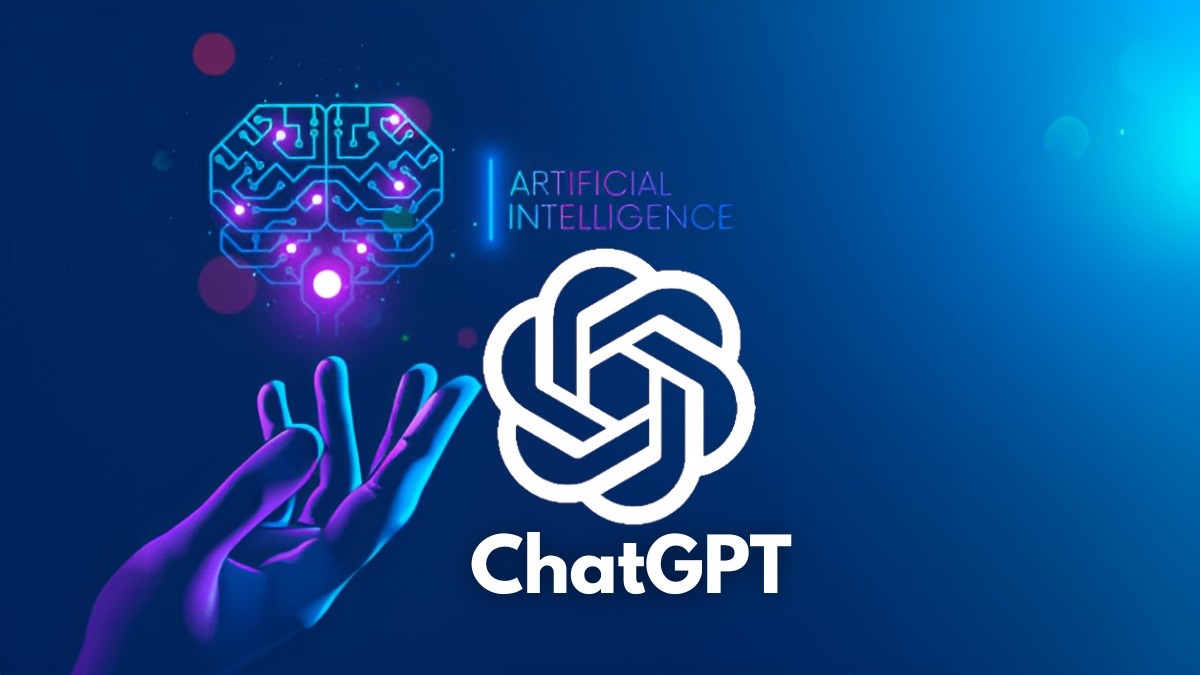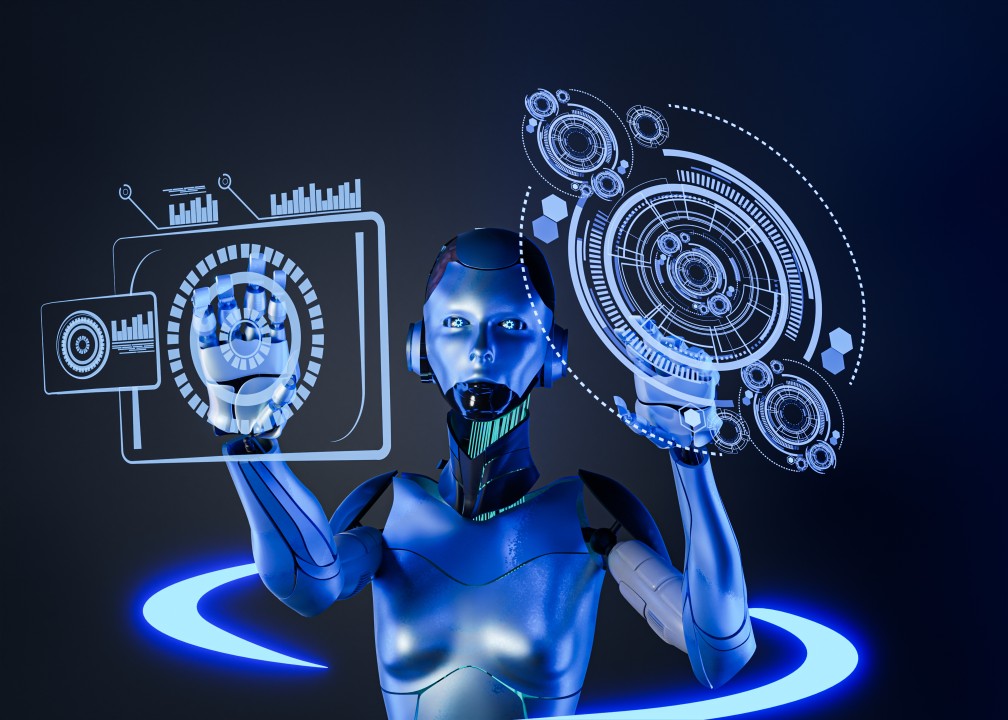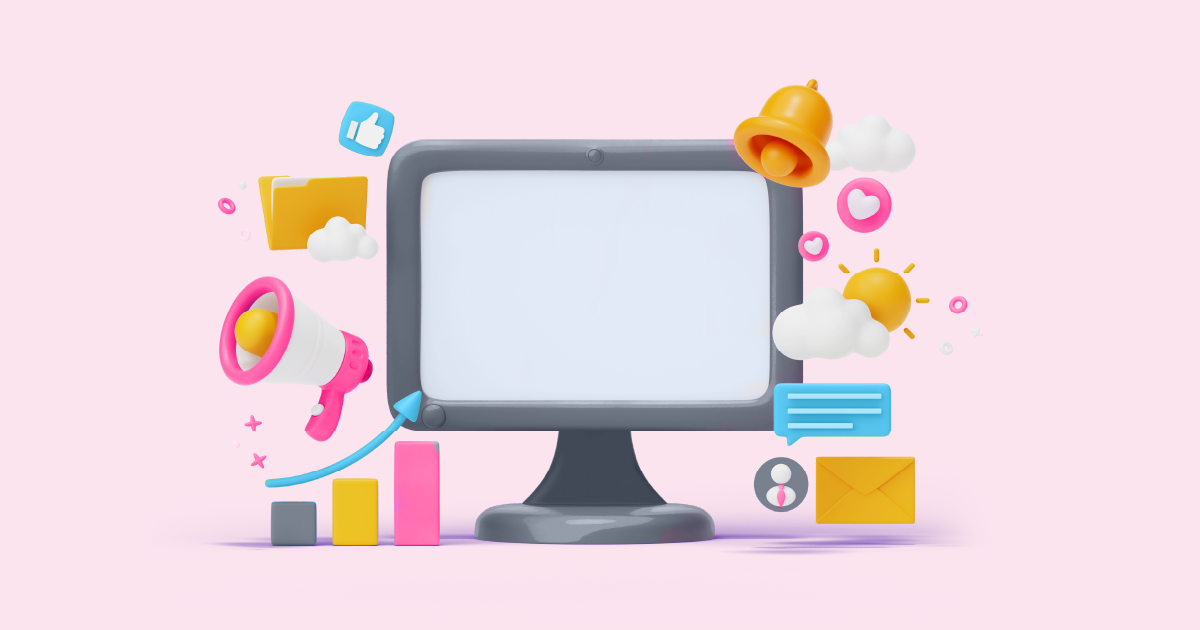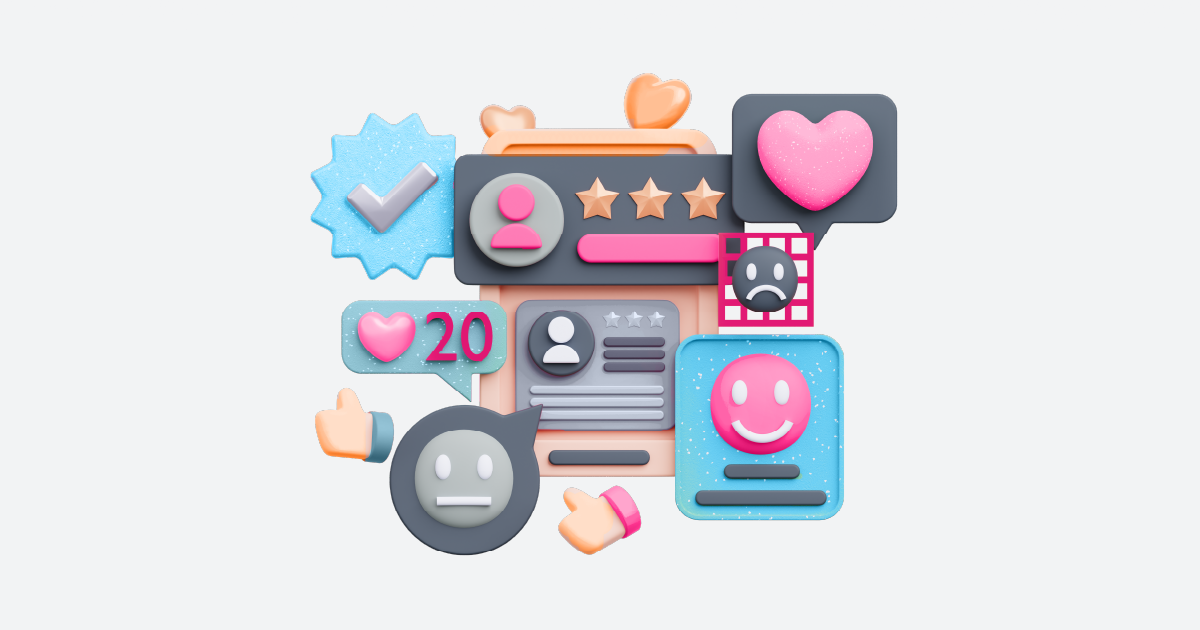In today’s digital age, artificial intelligence (AI) has made tremendous strides, reshaping various aspects of our lives. Among the many remarkable advancements, one that has gained significant attention is ChatGPT and generative AI. These technologies have revolutionized the world of conversational technology, providing innovative solutions and enhancing our daily interactions with machines.
Understanding ChatGPT and Generative AI

1. What is ChatGPT?
ChatGPT is a cutting-edge generative AI model developed by OpenAI. It is designed to understand and generate human-like text, making it a powerful tool for natural language understanding and generation.
2. How Does ChatGPT Work?
ChatGPT utilizes a deep neural network architecture known as a transformer. It processes large amounts of text data to learn grammar, context, and semantics. This enables it to generate coherent and contextually relevant responses in natural language.
Applications of ChatGPT
1. Chatbots and Virtual Assistants
ChatGPT has found its place in the development of chatbots and virtual assistants. These AI-powered entities can now engage in meaningful conversations with users, providing assistance, answering queries, and even simulating human-like interactions.
2. Content Generation
Content creation has become more efficient with ChatGPT. It can generate blog posts, articles, product descriptions, and more. This not only saves time but also ensures a high level of quality and consistency in content.
3. Language Translation
ChatGPT’s language capabilities extend to translation. It can swiftly translate text from one language to another, breaking down language barriers and facilitating global communication.
The Impact of Generative AI
1. Enhanced User Experiences
Generative AI, including ChatGPT, has transformed user experiences. It enables personalized interactions with technology, making users feel heard and understood.
2. Business Efficiency
Businesses benefit from generative AI by automating customer support, content generation, and data analysis. This leads to cost savings and improved operational efficiency.
3. Creative Assistance
Generative AI can aid creative professionals by providing inspiration and generating ideas, helping writers, designers, and artists overcome creative blocks.
The Challenges and Ethical Considerations
1. Biases in AI
One significant challenge is the potential for biases in AI models like ChatGPT. These biases can perpetuate stereotypes and discrimination if not addressed effectively.
2. Privacy Concerns
Generative AI raises privacy concerns, as it can generate text that mimics human communication, potentially deceiving users into sharing sensitive information.
Future Developments of ChatGPT and Generative AI
1. Continued Advancements
The field of generative AI is evolving rapidly. Expect more advanced models with improved capabilities and reduced biases shortly.
2. Ethical Frameworks
Developers are working on ethical frameworks to guide the responsible use of generative AI, ensuring that it benefits society without causing harm.
Conclusion
In conclusion, ChatGPT and generative AI are ushering in a new era of conversational technology. These remarkable technologies are enhancing user experiences, improving business efficiency, and assisting creative professionals. However, they also pose challenges related to biases and privacy. As the field continues to evolve, it is crucial to address these challenges responsibly and ethically.
Ready to experience the power of generative AI like ChatGPT? Request a demo from AIM Technologies today and discover how these cutting-edge solutions can transform your business.
FAQs
What distinguishes ChatGPT from other AI models?
- ChatGPT is known for its ability to engage in dynamic, context-aware conversations, making it ideal for chatbots and virtual assistants.
Can generative AI be used in industries beyond technology and content creation?
- Absolutely! Generative AI has applications in healthcare, finance, and even art, opening up new possibilities across various domains.
How can businesses mitigate the risks of biases in AI models?
- Businesses should invest in diverse training data and implement regular audits to identify and rectify biases in AI systems.
Is generative AI a threat to human creativity and jobs?
- Generative AI is a tool to enhance human creativity and efficiency, rather than a threat. It can assist but not replace human creativity.




